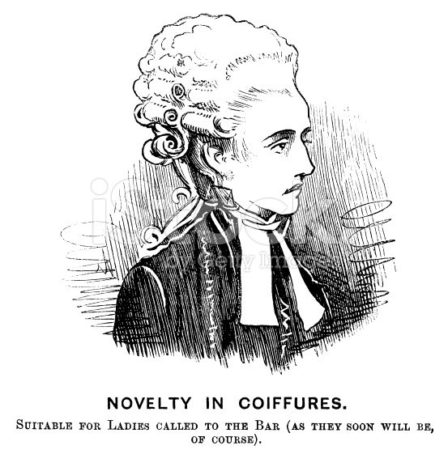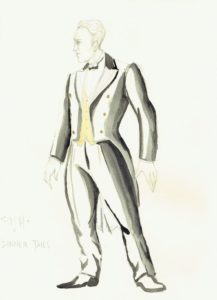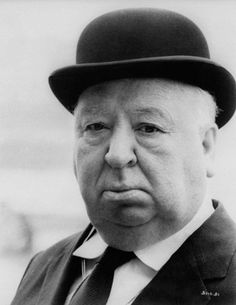
theatre we love – posh

When picturing the fashion industry, innovation and modernity are more often than not the first phrases that spring to mind. After all, what style mogul wants to seem behind the times? What is perhaps the most exciting aspect of fashion and the beauty industry, however, is their place in the artistic world. In terms of theatrical narratives, hair and wardrobe choices possess a multilayered capacity for historical connection. Fashion is the creative spirit’s timekeeper: it pinpoints us in the now, and from an artistic perspective, is a telltale signifier of setting for any visual storyteller. This round of Sine Qua Non‘s “Theatre We Love” is a celebration of just that, as well as a shout out to one local production that’s been honoring the complex and mysterious relationship between fashion and time in outstanding ways: Steep Theatre‘s Posh.
While avoiding an obvious discussion on fashion’s ties to the past and present, there’s absolutely no doubt that Laura Wade‘s Posh is a show acutely aware of its own vicissitude, costume-wise. Directed by Jonathan Barry and set in present day Oxfordshire, England, Posh explores what happens when a hyperbolically privileged group of young white men abandon all pretense of respect for the lower class and give depravity a whole new name.
In the play, a secret, notoriously affluent, and apparently trailblazing gang of young entrepreneurs called the Riot Club gather to recommence their bond after a year long hiatus. They do so by commemorating with a dinner party of the highest fashion, and even don formal, tailed tuxedos to signify their class and celebration.

An early rendering by Stephanie Cluggish of the design for the tailed tuxedos marking a member of the Riot Club.
Designed by Stephanie Cluggish, these costumes not only emphasize the grandeur and importance of this particular night for the riot club– they also serve as a physical embodiment of the sharp contrast that the young men feel from their working class counterparts. It is in these debonair outfits that the young men’s gathering escalates from dinner party to an outright melee, and the gradually evolving juxtaposition between the elegance of their garb with the vulgarity of their behavior is nothing short of fascinating.
To no one’s surprise, we at Sine Qua Non were most intrigued by the hairstyle choices made by Steep‘s talented company. In particular, actor Christopher Borek’s character saw fit to wear an old-timey barrister’s wig, setting him apart and calling back to the Riot Club’s forebearers in an even more literal way.
Historically, the trend for English court members to wear these cumbersome horsehair pieces dates back to the 1660’s, but it’s something that still denotes judicial power in England today. The subtext behind Borek’s hairpiece is not only that sense of homage to the Rioters of days gone by– it’s also a subtle cue that he, like the rest of his unruly brethren, are there to unapologetically and debauchedly pass judgment. After all, they possess the funds to do so. Like the British who originally imitated the fashion of Louis XIV’s France in wearing these elaborate wigs, Borek openly imitates the pioneering ruling class of yore (and even operates as a sort of medium for the ghost of Earl Ryot, the club’s first licentious leader, later on in the play). What was exciting for us at SQN was seeing how the hair and fashion distinctions for this actor literally shaped his character– and how, in spite of that omnipresent pressure to compete in the innovative and modern world of business in which these characters find themselves, they seemed to draw power from the very opposite. Borek’s wig is an expression of the strength and value in the past, and of the fact that, as the Rioters so egregiously point out, some histories are worth their weight in gold.
Posh is concluding its extended run at Edgewater‘s Steep Theatre this Saturday, March 26th. Don’t miss the chance to see these fabulous costume choices, or to witness the rampageous and terrifying fun of their phenomenal cast. It is without a doubt a first-class tour de force!



